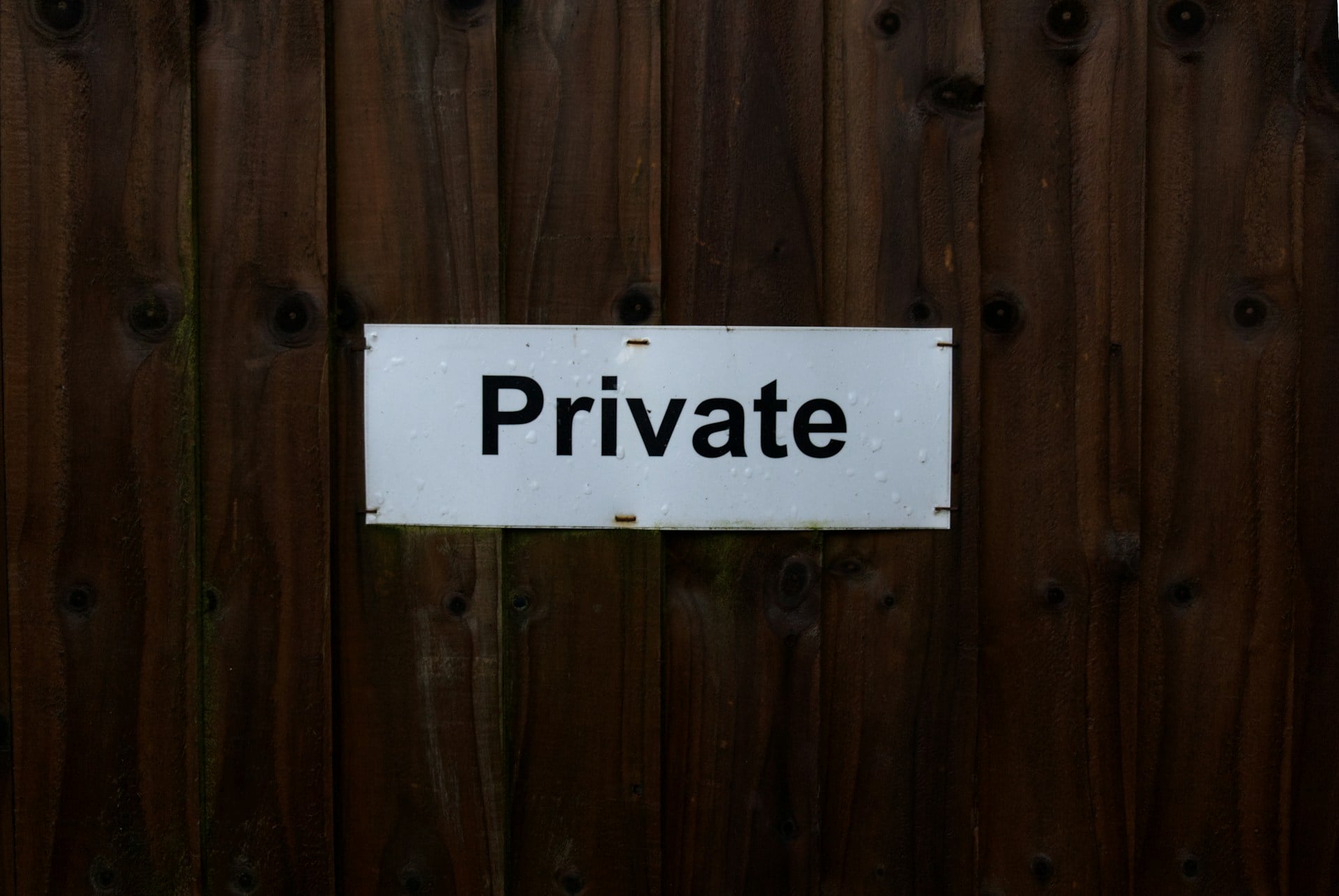
Perhaps you should know the purpose of using a VPN. However, do you know how it works? A VPN, or virtual private network, works by establishing a VPN tunnel. Like a real tunnel, a VPN tunnel establishes a secure connection from one point to another. Technically, the tunnel connects between the server and the client. A server represents something that a user tries to reach, whereas a client represents the user. As such, the data stays away from third-party interception. It allows the user to browse the internet securely and freely. Different protocols use the VPN tunnels differently.
This post helps you decide which one to choose based on your needs. Let’s understand everything about a VPN tunnel.
VPN tunnel: What is it?
A VPN tunnel is the best way to know how the innovative encryption technology works to protect user data. When you are using a VPN, it routes the data via a physical tunnel. This is where encryption comes into play. It creates sophisticated algorithms to make the data scrambled. As such, no one can read the information without having the key. The only way left for a hacker to intercept standard encrypted data is to steal the key. Or else, it could take a few years to retrieve the data. Even a brutal force of any kind cannot break encryption.
The entities that hold the key are the remote server of the VPN and the site you are trying to reach. As a result, the VPN tunnel creates a barrier for intruders because they do not have the key. The two entities when connected make a ‘handshake’ and establish trust. When you use a VPN, the server and the client negotiate using an encryption key to complete a handshake. After that, the two entities can communicate privately and safely. VPN tunnels can help you gain access to remote networks as well. After COVID, employees used a VPN to connect them to their office’s network remotely.
VPN tunnel: How they work
Data travelling through the internet gets divided into network packets. The network packets, which carry data across the internet, consist of two main parts: payload and header. Payload is the actual data being sent. Whereas, a header is the information that helps organize and reassemble the packets in the correct order when they reach their destination. Hackers tend to intercept the packets. Headers help to identify metadata such as device information and IP address that links back to a user. Third parties build user profiles so that they can target them with advertisements more precisely.
A VPN tunnel works through packet encapsulation. It protects your data by wrapping your original network packets inside another set of packets before sending them over the internet. This outer packet includes metadata that directs it to the VPN server. The entire encapsulated packet is encrypted, making it unreadable to anyone who intercepts it. The VPN server receives the packet, decrypts it, and forwards it to its final destination. Because the header is encrypted, your identity and data stay safe.
VPN tunnel: Different protocols used
Typically, protocols are sets of instructions that help determine how to send the data and how it is reassembled. Although there are several ways to do so, each comes with its benefits and downsides. This results in users having a customized experience. While mixing two protocols is possible, users need to follow proper instructions. This is why people use a VPN because it allows them to repack their data by using different protocols when required.
IPVanish, a reputable VPN provider, offers four robust protocols. However, they do not support L2TP (Layering 2 Tunneling Protocol) and PPTP (Point-to-Point Tunneling Protocol). Both these technologies are considered unsafe because of too many vulnerabilities. It is better to choose something better.
-
WireGuard
Equipped with modern-day technology, WireGuard creates a light, fast, and secure connection you can find around. It is the best and most widely used. WireGuard is still in its development phase, though.
- Performance – Extremely high
- Security – Extremely high
- Ease of use – Extremely high
-
IKEv2 (Internet Key Exchange version 2)
IKEv2 focuses on how packets are securely encrypted during VPN communication. This protocol works wonders for mobile devices. It can adapt fast and reestablishes connections with different servers.
- Performance – High
- Security – Extremely high
- Ease of use – Extremely high
-
OpenVPN
It is another reliable protocol that uses several authentication methods to build strong, authenticated connections. OpenVPN works great with TCP (Transmission Control Protocol) because it can correct errors. However, the error correction feature is not available with UDP (User Datagram Protocol). Many use OpenVPN when gaming online.
- Performance – High
- Security – High
- Ease of use – High
-
IPSec (Internet Protocol Security)
IPSec is used with other protocols in collaboration to build a secure and private connection. Instead of encrypting the data, IPSec encrypts data flow. It is not the most secure option, which makes setup more challenging.
- Performance – High
- Security – Medium
- Ease of use – Medium
Split tunneling: What is it?
Split tunneling allows certain traffic to go through a VPN while the rest uses your regular internet connection. For example, performance information travels through the VPN while streaming and gaming data travels through the regular internet connection. This speeds up the connection. VPNs can make connecting to local devices like printers challenging. However, allowing that traffic to go through your regular ISP simplifies the process without compromising security. The split tunneling feature that IPVanish provides allows users to choose which app traffic to include or exclude from the VPN.
VPN tunnel: What are its benefits?
Using a VPN tunnel to route your internet traffic is safe compared to traditional types of connections. It is almost impossible for imposters to intercept and use your sensitive information. With the deep packet inspection feature, a VPN tunnel ensures the safe passage of information from one end to another. A VPN tunnel encapsulates and encrypts your data so that your information does not fall into the wrong hands. It hides your identity and data efficiently. Third parties will find it difficult to build your profile for targeted advertisements or interrupt other services because of the VPN tunnel. Hackers cannot gather sensitive information such as login credentials, social media profiles, and financials. As a result, they cannot exploit you in extortion or other fraudulent schemes.
The most affordable and best way to ensure your privacy and security is to use IPVanish. With intuitive features such as split tunneling, multiple protocols, etc., you can ensure the safest and smoothest internet experience. They have over 2200 servers spread across 75 locations globally. Now is the time to make your connection more secure and private.





